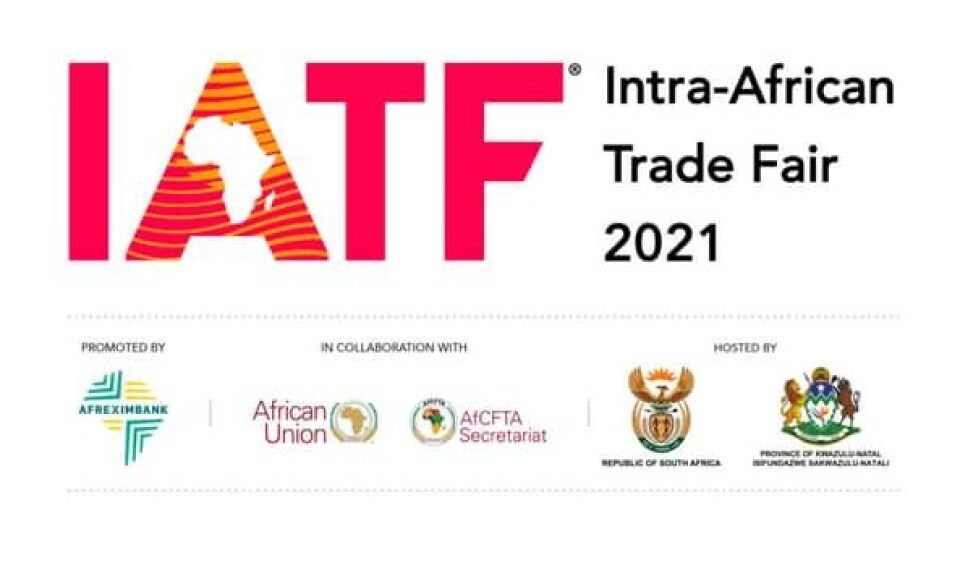Copyright : Re-publication of this article is authorised only in the following circumstances; the writer and Africa Legal are both recognised as the author and the website address www.africa-legal.com and original article link are back linked. Re-publication without both must be preauthorised by contacting editor@africa-legal.com
Shifting From Aid to Trade

African leaders are keen on shifting the narrative from aid to trade, with the impending surge in intra-African trade, as Annie Dorasamy discovered at the Intra-African Trade Fair (IATF) held in Durban, South Africa.
An impressive number of government rulers, captains of industry and stakeholders representing several countries on the continent gathered for the event. Only the second of its kind to take place since the signing of the Africa Continental Free Trade Area (AfCFTA) in 2018, the IATF was aimed at boosting the economy in Africa and provided a platform for sharing trade, investment and market information, while enabling buyers, sellers and investors to conclude business deals.
With plans to have 90% of tariffs jettisoned through the forthcoming implementation of the AfCFTA, countries would now be looking increasingly to export within Africa. Yofi Grant, CEO of Ghana Investment Promotion Centre and Director for Sub-Saharan Africa: World Association of Investment Promotion Agencies, said the narrative in Africa needed to change to one that reforms the economy to value-added production.
Free movement among countries would be the first initiative which would see intra-trading being a success, he said, adding that the continent was rich with natural resources which it outsourced to other continents for manufacturing. Ninety percent of platinum is found in Africa, so is 90% of cobalt, 75% of coal, 50% of gold, 67% of manganese and 10% of oil.
“If countries can look at how to manufacture their own resources, this will not only [grow] GDP, it will further create employment, eliminate poverty and create a concrete foundation of training among countries,” said Grant.
However, there’s still a huge gap that will remain until all African countries can trade without tariffs, said Charlie Robertson, chief economist at Renaissance Capital.
Robertson explained how the large population, poor infrastructure and lack of energy and electricity could have a negative impact in making sub Saharan countries ready to intra-trade.
Morocco has, however, seemingly got the formula right on how to trade its resources globally. Abdou Diop, managing partner at Mazars, a leading international audit, tax and advisory firm in Morocco, said the country’s success stemmed from having an investment strategy which connected Morocco to global value chains.
“Morocco has been accelerating its industrialisation with real success stories such as automotive, aeronautics, textile, digitalisation and the agri industry,” he said. Diop explained that beyond the local market, Morocco also connected its economy to the continent. Energy and access to road connection would fast track the process of intra-trading in Africa, he opined.
To join Africa Legal's mailing list please click here
